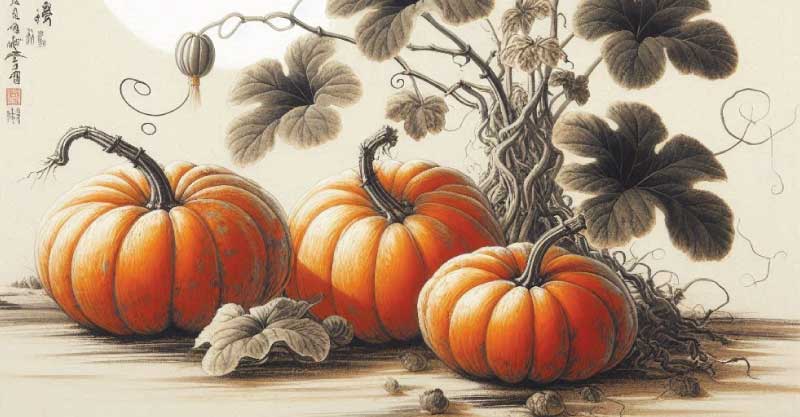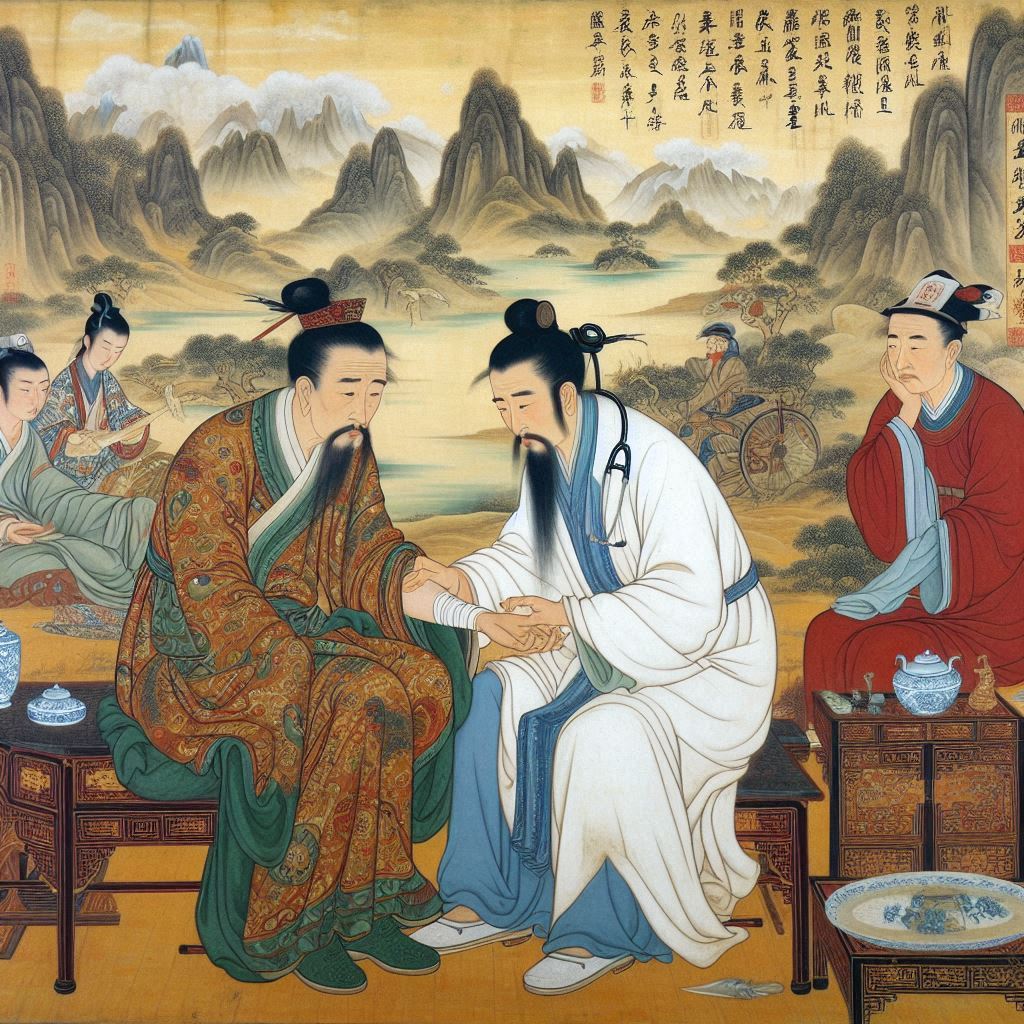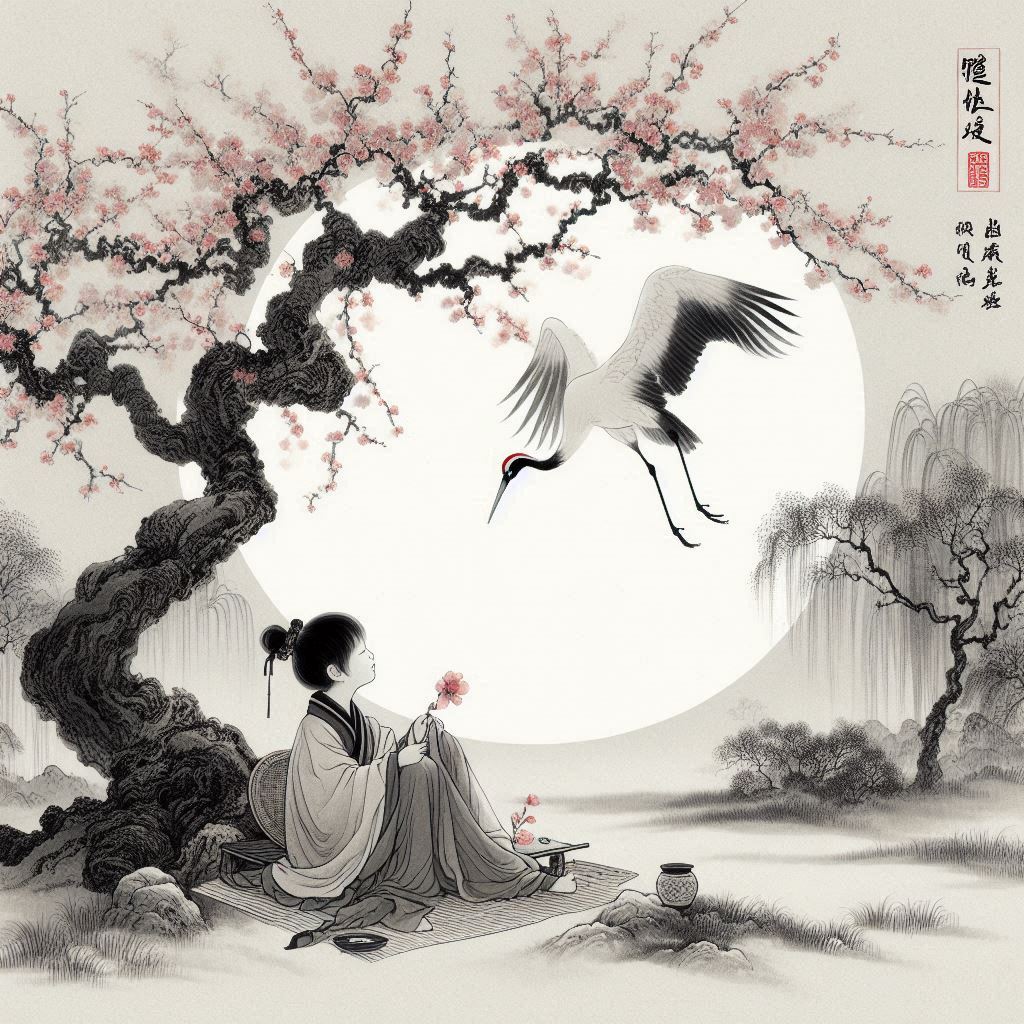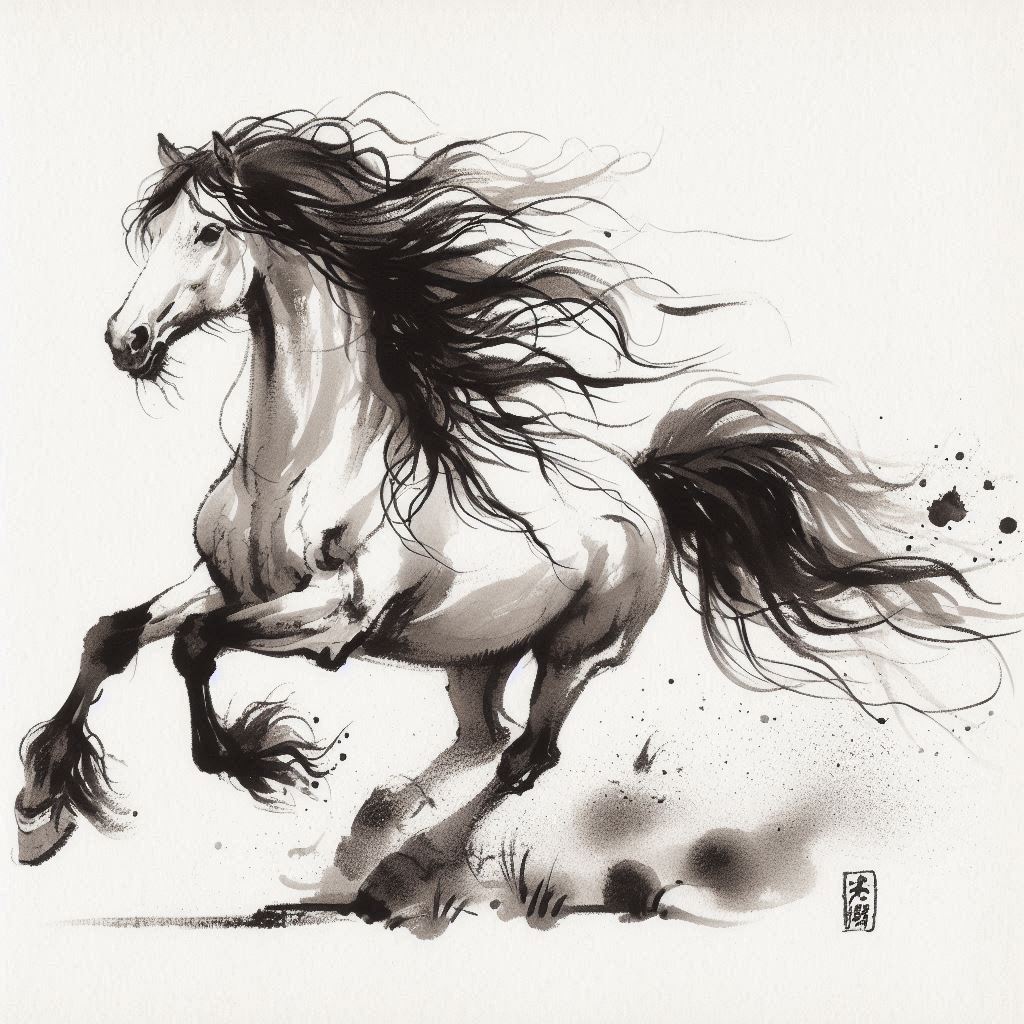Cause
- over-consumption of hot and spicy foods
- over-consumption of meat
- regular alcohol consumption
In traditional Chinese medicine the cause for “Stomach Fire” is over-consumption of “hot foods"(1)(2)(3). "Hot foods" are all spicy foods (with the exception of mint and its family, turnip, radishes), all meats (with the exception of pork), walnuts and some seeds. “Hot drinks" are coffee, wine, and spirits. Cigarettes are also hot in nature(2). Thus regular smokers, regular alcohol consumers, meat fans, and spicy over-eaters are likely to experience "Stomach Fire".
If the heat in the Stomach is not addressed it will eventually burn the fluids of the Stomach and lead to a condition known as Stomach Yin deficiency(1). Stomach Yin deficiency is rather chronic condition, while Stomach Fire can be both chronic and acute.
If you want to learn more about the Stomach and it's functions from the perspective of traditional Chinese medicine go to "The Stomach in Traditional Chinese Medicine" in the Physiology chapter.
Symptoms
- thirst
- dry mouth
- constipation
- Stomach Yin deficiency symptoms - dry mouth and throat, dry stools, thirst with no desire to drink, lack of appetite, dull epigastric pain
- Stomach Fire symptoms - burning pain in the Stomach, unsatisfactory hunger, sour regurgitation, nausea, swollen, painful or bleeding gums, bad breath, thirst with desire for cold drinks
As heat is drying in nature Stomach heat dries out the fluids of the Stomach manifesting in thirst, dry mouth, and constipation. In the cases of “Stomach Yin deficiency”, where the dryness has become chronic, there is dry mouth and throat(1)(2)(3) (especially in the afternoon(2) - the time governed by Yin), dry stools(2), constipation(1)(2)(3), and thirst with no desire to drink or there is a desire to drink in small sips(2). People often feel full after eating small amounts of food(2) as there is not enough stomach juice to process the food and there is lack of saliva(3). There is often a dull(3) burning(1)(3) epigastric pain(1)(2)(3) and feeling of emptyness in the stomach(1).
In the case of “Stomach Fire” the burning pain(1)(2)(3) is more severe. As the energy of Fire quickly engulfs/digests the food there is constant and unsatisfactory hunger(1)(2)(3). Since the nature of Fire is to flare upwards, the natural downward flow of Stomach Qi becomes disrupted and rebellious, manifesting in sour regurgitation(1)(2)(3) and nausea(2). The Spleen/Stomach partnership opens into the mouth, thus Stomach Fire manifests in swelling and pain in the gums, as well as bleeding gums(1)(2)(3). As the heat induces smell there is bad breath(1)(2)(3). The thirst is severe with desire for cold liquids(1)(2). There is also constipation(1)(2)(3) (the heat has parched the fluids).
Treatment Approaches
In both “Stomach Yin deficiency” and “Stomach Fire” the treatment principle is to cool Stomach heat and nourish the Stomach lining and stomach fluids. The heat-causing foods and drinks mentioned in the Cause section need to be avoided. Foods with cool and moistening nature should be selected.
To unlock the rest of this article select "Yes, I want to learn!" below.

Food therapy is the most economical and non-toxic biochemical approach to health and disease. Food is something we continuously use to sustain our lives. Learning what foods are healing (and what disruptive) for each condition has the potential to convert every meal into a form of therapy.
YS
(1) Deng Liangye, Gan Yijun, He Shuhui, Ji Xiaoping, Li Yang, Wang Rufen, Wang Wenjing, Wang Xuetai, Xu Hengze, Xue Xuiling, Yuan Jiuling (1987). Chinese Acupuncture and Moxibustion. China: Foreign Languages Press
(2) Maciocia, Giovanni (1989). The Foundations of Chinese Medicine. Edinburgh: Harcourt Publishers Limited
(3) Yang Weiyi, Meng Fanyi, Jiang Yuanan(2002). Diagnostics of Traditional Chinese Medicine. Beijing: Beijing University of Chinese Medicine and Pharmacology
(4) Pitchford, Paul (2002). Healing with Whole Foods. Berkeley: North Atlantic Books
Related Articles
The Spleen and the emotion pensiveness
The Spleen, the season late summer, and foods during late summer that benefit the Spleen
Herbs that tonify Qi and benefit Spleen Qi deficiency
Herbs that treat dampness and benefit dampness in the Spleen
Herbs that clear heat and dry dampness
Please read our Disclaimer









